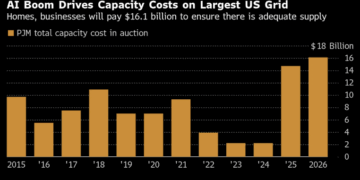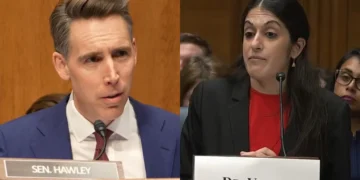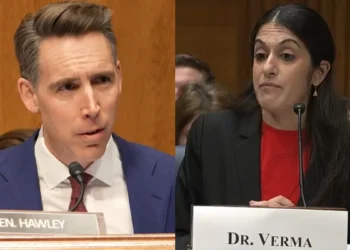President Trump has signed the One Big Beautiful Bill Act into law, and I am working through each of its ten titles to explain how this comprehensive legislation will affect Americans. Today, I want to focus on Title III, which deals with banking, housing, and urban affairs—specifically targeting several key financial regulatory agencies and programs.
Significant Budget Cuts to Consumer Financial Protection Bureau
The most immediate change for consumers comes through Section 30001, which cuts the Consumer Financial Protection Bureau’s funding cap in half—from 12 percent to 6.5 percent of the Federal Reserve System’s total operating expenses. This represents a substantial reduction in the agency’s budget.
For everyday Americans, this means the CFPB will have fewer resources to investigate financial misconduct, process consumer complaints, and enforce regulations against banks, credit card companies, and other financial institutions. The bureau, which handles everything from mortgage disputes to credit card fraud cases, will likely need to reduce its staff and scale back its oversight activities. Consumers may experience longer wait times for complaint resolution and potentially see fewer enforcement actions against financial companies that violate consumer protection laws.
Elimination of Green Housing Retrofit Funding
Section 30002 rescinds all remaining funds from the Green and Resilient Retrofit Program for Multifamily Housing, which was originally established under the Inflation Reduction Act in 2022. This program was designed to help apartment buildings and other multifamily housing properties upgrade their energy efficiency and climate resilience.
The practical impact means that property owners who were expecting federal assistance to retrofit their buildings with energy-efficient systems, improved insulation, or climate-resilient infrastructure will no longer have access to these funds. For renters, this could translate to continued higher utility costs and less comfortable living conditions, as building owners may be less likely to make these improvements without federal financial incentives.
Securities and Exchange Commission Reserve Fund Elimination
Perhaps the most complex change comes through Section 30003, which eliminates the Securities and Exchange Commission’s Reserve Fund entirely. This fund previously allowed the SEC to maintain financial reserves for ongoing operations and special projects beyond their regular appropriated budget.
The legislation provides a transition period until October 1, 2025, during which the SEC can continue spending money that was already committed before the law’s enactment. After that date, all remaining funds—both committed and uncommitted—will transfer to the Treasury’s general fund, and the account will permanently close.
For investors and the financial markets, this change means the SEC will have less flexibility to respond to market crises or launch major investigations that require additional resources beyond their annual budget. The agency’s ability to adapt quickly to emerging threats in the financial markets may be constrained, potentially affecting market oversight and investor protection.
Defense Production Act Funding Increase
In contrast to the budget cuts elsewhere, Section 30004 provides substantial new funding—$1 billion for fiscal year 2025—to carry out the Defense Production Act. This funding remains available until September 30, 2027.
The Defense Production Act allows the federal government to direct private industry to prioritize national defense and emergency preparedness needs. This new funding could support domestic manufacturing of critical materials, supply chain resilience initiatives, and preparedness for national emergencies. For workers in manufacturing and related industries, this represents potential job opportunities and investment in domestic production capabilities.
The Broader Pattern
Title III reveals a clear pattern of reducing federal oversight and consumer protection funding while simultaneously increasing resources for defense-related economic activities. The legislation strips away approximately half of the CFPB’s funding capacity, eliminates SEC reserve funds, and cuts green housing programs, while boosting defense production capabilities.
These changes will reshape how financial institutions are regulated and how quickly federal agencies can respond to consumer complaints and market irregularities. The full impact will become clearer as these agencies adjust their operations to their new funding realities over the coming months.
As I continue analyzing the remaining titles of this legislation, the themes of reduced regulatory oversight and increased defense spending appear to be consistent threads running through this comprehensive bill.
For more content check out:



















































